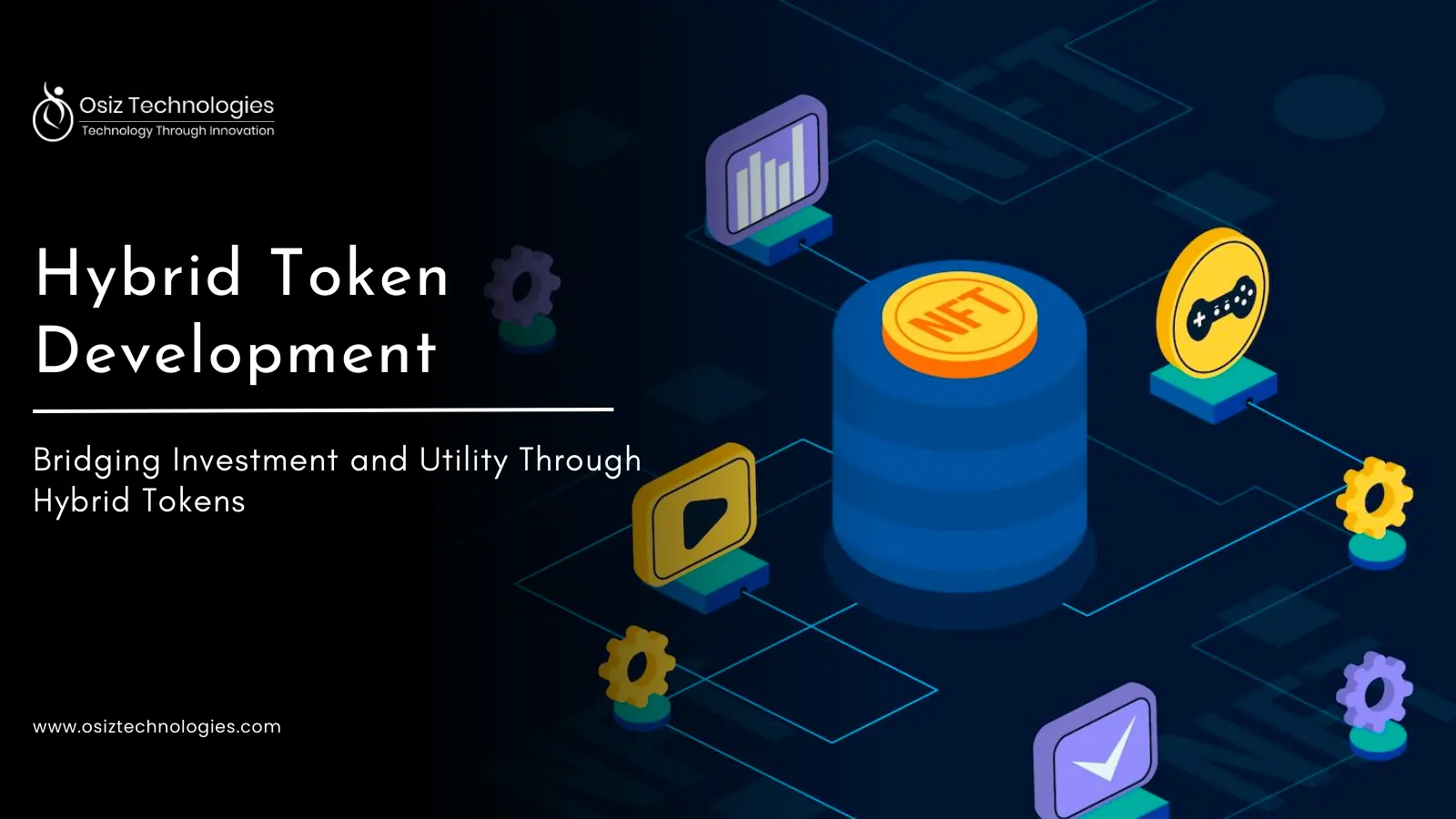AI in Drones
Unmanned aerial vehicles (UAVs), commonly referred to as drones, experience a technological revolution with AI. Artificial intelligence enhances drone's autonomy, intelligence, and decision-making abilities, to execute progressively complex tasks with remarkable efficiency.
Let’s delve into the insights of how drones and AI works:
1. Perception and Sensor Fusion
Drones integrate various sensors, like cameras, LIDAR, radar, and infrared detectors with AI algorithms seamlessly combining data from these sensors, enabling drones to comprehend the surroundings, identify obstacles, recognize objects, and analyze intricate scenarios.
2. Computer Vision and Object Detection
Advanced AI techniques, like CNN, support drones with computer vision capabilities, allowing drones to identify and classify objects, and other elements in real time, making them indispensable for applications like surveillance, and infrastructure inspections.
3. Autonomous Navigation and Path Planning
With the integration of AI algorithms, drones navigate autonomously and plan optimal flight paths with techniques such as simultaneous localization and mapping (SLAM), reinforcement learning, and graph-based path planning algorithms allowing drones to avoid obstacles and optimize routes.
4. Decision-Making and Control
AI systems embed drones making perceived environments, mission objectives, and real-time data analysis, involving flight paths, responding to unexpected events, or executing specific actions like object tracking or package delivery, ensuring efficient operation.
5. Swarm Intelligence
AI helps drones to work together as a unit, exchanging information, communicating, and working jointly to finish big tasks more quickly than one drone could.
6. Machine Learning and Model Training
Drones employ AI designs from machine learning strategies on many details, like images, videos, device data, and flight information. With this comprehensive learning, AI detects patterns, predicts future events, and continually improves more use.
7. Edge Computing and Real-Time Processing
Advanced AI systems are used on drones, allowing data handling and decision-making without a steady link to a distant server. This internal processing refers to edge computing, which increases the drone’s independence and quickness, especially in isolated or limited areas.
AI-powered Drones
- Human-Drone Symbiosis - AI drones integrate with human handlers, creating a balance with human, mental skills with robot accuracy, computing ability, and self-rule, allowing humans and machines to collaborate for more efficient work.
- Cross-Domain Applications - AI drones have exciting possibilities in space exploration, underwater operations, to other planets, expanding human discoveries into unexplored territory.
- Edge AI and 5G Integration - Combination of edge computing, AI, and 5G connectivity allowing real-time processing on AI drones. Drones excel in remote areas, operating with minimal latency and less reliance on remote control or data transfer.
- Ethical AI and Responsible Deployment - Ethical AI frameworks with drone technology advance and develop transparency, accountability, and human value alignment fostering trust and mitigating risks.
- Advanced Sensor Fusion and Multimodal Perception - AI drones harness advanced sensor fusion, combining data streams from multiple sensors like cameras, LIDAR, and infrared, enabling drones to navigate and operate intricately with unmatched situational awareness.
Our AI Implementation in Drones
1. Specify Use Cases and Requirements
We define the specific applications and desired capabilities for implementing AI in drones, identifying objectives like object detection, autonomous navigation or data analysis. We understand environmental conditions and constraints to tailor AI solutions for drones.
2. Gather and Prepare Data
We gather important data like pictures, sensor data, travel records, and environment-related data since AI machines depend on data for training. We make sure the data is varied, high-quality, and reflects real-life situations.
3. Select and Develop Models
Selecting the AI methods and models for specific needs, involving computer vision, object spotting, direction-finding route mapping, and data examination are done by our experts.
4. Train and Validate Models
We train the selected AI models using data, adjusting the parameters for optimal performance across various scenarios with separate testing datasets meeting the requirements.
5. Hardware Integration
We integrate AI programs with drone components like sensors, cameras, and flight controls, ensuring a smooth AI system for drones to communicate efficiently.
6. On-board Processing or Cloud Integration
We decide whether to operate AI on a drone directly or with cloud systems, running it quicker with the cloud providing more strength with a reliable internet connection.
7. Testing and Simulation
We conduct several trials with AI drones in controlled conditions before real utilization, ensuring possible issues, technical problems, and diverse situations to tackle obstacles in advance.
Benefits of Artificial Intelligence in Drones Technology
1. Enhanced Autonomy - AI algorithms enable drones to operate autonomously reducing human needs, can perform complex tasks, and adapt to changing environments increasing efficiency.
2. Improved Situational Awareness - With AI computer vision, sensor data processing, and object detection, drones can understand surroundings easily, see obstacles, and recognize objects and people responding properly.
3. Intelligent Navigation and Path Planning - AI algorithms find the best flight paths, navigate obstacles, and avoid crashes without GPS signals. Advanced technologies like SLAM help drones explore and map new places by themselves.
4. Real-time Data Analysis and Decision-Making - AI integration in drones allows huge amounts of data as situations unfold, helping smart decision-making for tasks like searching, surveillance, and inspecting buildings.
5. Swarm Coordination - AI coordinates with multiple drones like swarming. Drones have sensor data, divide duties, and work together on complex missions for a single drone. Swarms increase the ability and coverage area of the drone fleet.
6. Predictive Maintenance - Unmanned flying machine programs examine sensor details and flying patterns, forecasting maintenance troubles before happening. This predictive maintenance stretches the drone's operational life, cutting downtime and maintenance expenses.
7. Expanded Applications - Artificially intelligent systems in drones keep learning and adjusting through machine learning methods, drones enhance performance over time and become more effective at accomplishing tasks.
Applications of Artificial Intelligence in Drones
Precision Agriculture
Cameras and sensors are multispectral with the ability to monitor crops in artificial intelligence drones. It finds pests, and illnesses, and improves farming methods like watering crops, increasing crop production, and encouraging AI farming.
Infrastructure Inspection
Computer vision algorithms make AI inspect infrastructure, bridges, and pipelines, for potential problems like cracks, and corrosion, timely maintenance and repairs, ensuring safety and saving money.
Search and Rescue Operations
Advanced computer vision and thermal imaging make drones with AI to locate missing people or disaster survivors quickly. Autonomous navigation and real-time data analysis enable faster response times, saving lives.
Delivery Services
AI drones navigate complex environments, delivering packages to users' front doors with little human assistance, making local deliveries faster, and saving time.
Environmental Monitoring
AI-powered drones monitor deforestation and watch wildlife populations, evaluating environmental effects with better precision. The ability to scan large regions and review information helps to preserve nature.
Security and Surveillance
AI-driven drones boost security and surveillance functions by detecting and monitoring risks, observing borders and suspicious behavior pinpointing, and operating independently.
Mining and Exploration
Integration of AI into drones maps inaccessible, hazardous zones, aiding mineral exploration, and geological studies, navigating complex environments, and processing data efficiently, hence increasing safety.
Military and Defence
AI in military drones changes military operations, automatically identifies and engages targets, improving situational awareness and reducing collateral damage. AI military drones execute missions independently, adapting to changing battlefields in real time.
How can Osiz help the AI-Driven Drone Revolution?
The combination of artificial intelligence and drone technology changes industries as we approach businesses and organizations adopting AI-powered drones gaining advantage and opening doors to growth and innovation. Since the demand for AI drone solutions is increasing, it’s needed for businesses with dedicated artificial intelligence development services providers like Osiz, which leads the AI sector. Our experts guide you in every step of the AI integration process, from custom AI solution development to deployment. Our 15+ years of experience ensures your projects are at the forefront of AI-driven drone technology, fostering your business with custom solutions driving efficiency and creating new growth opportunities.
Listen To The Article












